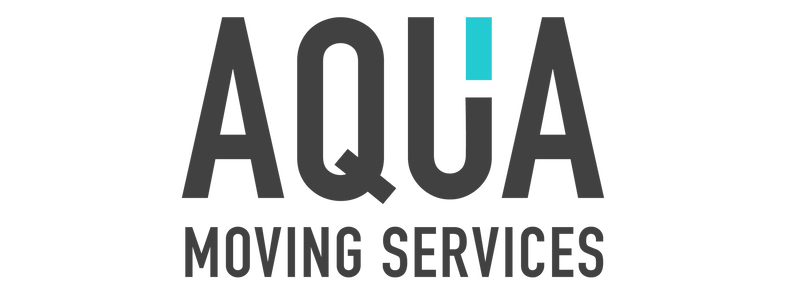A Guide to Emergency Numbers in the UK
Knowing the emergency numbers in the UK is crucial for ensuring safety and swift response in urgent situations. Whether you’re a resident or a visitor, being aware of these numbers can make a significant difference in an emergency. This guide provides a detailed overview of the emergency numbers in the UK, covering England, Scotland, Wales, and Northern Ireland.
Key Emergency Numbers in the UK
999 – The primary emergency number for the UK, used for urgent assistance from the police, fire brigade, ambulance, or coastguard. Dial 999 in any life-threatening situation.
112 – The alternative emergency number, which can also be used to contact emergency services across the UK and the EU. Dial 112 for the same services as 999.
Police Services
999 or 112 – For immediate police assistance in an emergency.
101 – For non-emergency situations where you need police assistance or to report a crime that is not urgent. The 101 service is available across the UK.
Fire Services
999 or 112 – To report a fire or request fire brigade services.
Ambulance Services
999 or 112 – For medical emergencies requiring an ambulance.
Coastguard Services
999 or 112 – For emergencies at sea, such as rescues or distress calls.
Non-Emergency Medical Services
111 – For non-emergency medical advice and assistance. The 111 service is available across England, Scotland, and parts of Northern Ireland.
Utility and Service Emergencies
- Gas Emergency – Dial 0800 111 999 if you smell gas or suspect a gas leak.
- Power Cut – Dial 105 to report a power cut and get information about power outages in your area.
- Water Emergency – Contact your local water supplier. Numbers vary by region, and details can be found on your water bill or the supplier’s website.
Emergency Numbers for Specific Regions
England
- Local Council Emergency Numbers – Each local council may have specific numbers for emergency services such as social services, environmental health, and housing. Check your local council’s website for details.
Scotland
- NHS 24 – For non-emergency health issues, dial 111 to reach NHS 24, providing health advice and information.
- Floodline Scotland – For flood-related emergencies and advice, dial 0345 988 1188.
Wales
- NHS Direct Wales – For non-emergency health advice, dial 0845 46 47 or 111 where available.
- Natural Resources Wales – For environmental incidents like pollution or flooding, dial 0300 065 3000.
Northern Ireland
- NHS 111 – For non-emergency medical advice, the 111 service is available in certain areas.
- NI Water – For water supply issues and emergencies, dial 03457 440 088.
How to Use Emergency Numbers Effectively
- Stay Calm – Try to remain calm and speak clearly when making an emergency call.
- Provide Details – Be ready to provide details such as the nature of the emergency, your location, and any specific hazards or injuries.
- Follow Instructions – Listen carefully to the operator and follow their instructions.
Importance of Emergency Numbers
Having quick access to emergency numbers ensures that help is available when needed most. It is vital to educate family members, especially children, about these numbers and their appropriate use.
Emergency numbers in the UK are a critical resource for ensuring safety and prompt assistance. Whether dialling 999, 112, or other specific services like 101 for non-emergency police assistance, knowing these numbers can save lives and prevent further harm. Stay informed, be prepared, and ensure you and your loved ones can respond effectively in an emergency.
If you found this guide helpful, please share it to raise awareness about the importance of knowing emergency numbers in the UK. For more information on staying safe and prepared, visit our blog regularly.
Contact Clearview Relocation for more information:
Phone: 01635 239041



